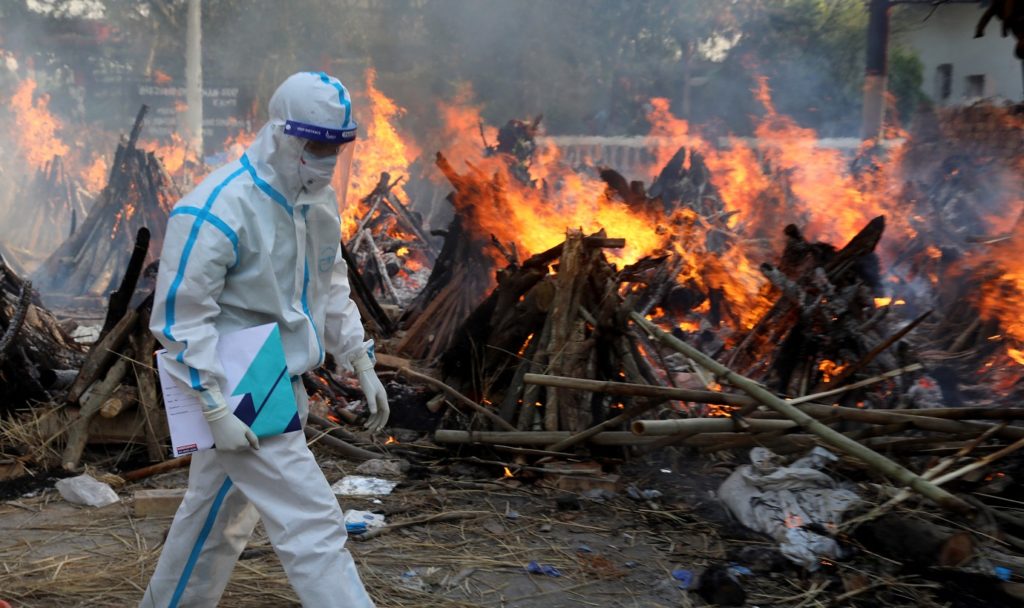Pressure is mounting on the federal government over its India travel ban, as the United Nations Human Rights Committee raises “serious concerns” about the measure.
A spokesperson from the UN Human Rights Committee said Australia’s decision to ban its own citizens from returning to the country, amid a spike of COVID-19 infections in India, may not meet Australia’s human rights obligations.
“We have serious concerns about whether the biosecurity determination – and the severe penalties which can be imposed for its breach – meets Australia’s human rights obligations,” Rupert Colville, the UNHRC spokesperson said.
“The UN Human Rights Committee, which oversees implementation of the International Covenant on Civil and Political Rights (ICCPR), has emphasised the narrow authority to refuse nationals’ return, and considers that there are few, if any, circumstances in which deprivation of the right to enter one’s own country could be reasonable.
Colville also queried whether the total travel ban was the “least intrusive” approach to Australia’s public health objectives.
“In assessing the issue of arbitrary deprivation, key factors to be taken into account are its necessity to achieve a legitimate end and its proportionality, including whether it is the least intrusive approach to accomplish its public health objectives.”
Last week, federal health minister Greg Hunt banned all flights from India and enacted powers under the Biosecurity Act to issue fines of up to $66,000 and five years’ jail time to anyone breaching the temporary travel ban.

Executive Director of the Human Rights Law Centre Hugh de Kretser said the federal government should help Australian citizens in India get home to Australia.
“Instead of threatening Australians with jail if they return home, the Morrison Government should be helping them. This includes ensuring access to flights and to safe and effective quarantine systems,” he said.
“The Australian Government has promised under international human rights law not to arbitrarily prevent Australians from returning home, but it is doing just that. The Government should abandon these travel bans and offences and get people home to loved ones.
“This sorry episode highlights the lack of human rights protections in Australian law. Australia does not have a national Charter of Human Rights to ensure that values like freedom, equality, dignity and respect guide government action. This must change.”
The federal government has confirmed there are approximately 9000 Australian citizens currently registered in India and 650 of these people are considered vulnerable. The travel ban between India and Australia is set to be reviewed on May 15.
Meanwhile, eight members of the crossbench including Helen Haines, Zali Stegall, Andrew Wilkie, Bob Katter, Adam Bandt and Rebekha Sharkie released a joint statement calling on the government to urgently repatriate Australians currently in India.
Haines said “treating Australians seeking safe passage home as criminals is not the answer”, while Steggall called for a “clear, sensible and compassionate response form the Government to the current crisis in India.”
Professor Kim Rubenstein, an expert in citizenship law, from the University of Canberra, has questioned if the travel ban on citizens wanting to return from India is legal.
“Individuals who are stranded might seek to get legal representation to challenge it as unlawful,” she said. “They would be wise to be speaking to their representatives in Parliament to ask the Senate committee to, as a matter of emergency, review this measure as appropriate.”
“I think there are serious legal questions the Parliament should be interrogating.”


